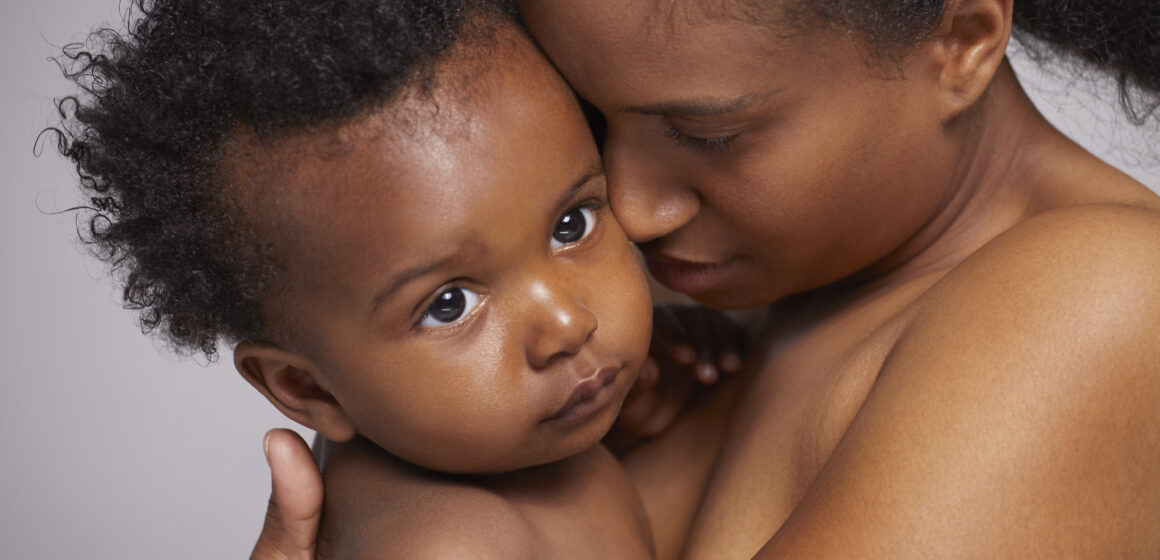In a bustling public hospital in Ibadan, Tola clutches her newborn daughter, her body aching from labor but her heart full of gratitude. For nine months, she worried: Would the clinic have electricity? Would a nurse be available? Would both of them survive childbirth?
For too many women in Nigeria, and across the world, these are not hypothetical questions. They’re daily realities. That’s why the World Health Organization (WHO) chose this year’s World Health Day theme: “Healthy Beginnings, Hopeful Futures.” It’s a call to action and a reminder that maternal and newborn health is not a side issue. It’s the foundation of every nation’s future.
Maternal and Newborn Health Is the Heart of Healthy Communities
The health of mothers and babies directly shapes the strength of families, communities, and economies. When a mother thrives, her child is more likely to thrive too; physically, emotionally, and socially. And when both survive childbirth, the ripple effect benefits society at large.
On April 7, 2025, the world observes World Health Day with renewed urgency. This year’s campaign launches a year-long push focused on maternal and newborn health, with clear goals.
The campaign aims to raise awareness about the existing gaps in maternal and newborn survival and care, promote meaningful investments in healthcare systems, encourage collective action to support families and frontline health workers, and share essential health information that covers pregnancy, childbirth, and postnatal care. These efforts are vital in shifting global attention toward the long-term health and well-being of women and their children.
The campaign urges governments, communities, and individuals to act because the stakes are too high to stay silent.
Alarming Maternal and Newborn Health Statistics Demand Urgent Action
The numbers tell a heartbreaking story:
- Every year, nearly 300,000 women die from pregnancy or childbirth complications.
- More than 2 million babies die within the first month of life.
- Around 2 million are stillborn, often due to preventable conditions.
- That’s roughly one preventable death every 7 seconds.
Even more alarming, 4 out of 5 countries are currently off track to meet global targets for reducing maternal deaths by 2030. And 1 in 3 is expected to miss targets for lowering newborn mortality.
These numbers are more than just statistics. They represent mothers like Tola, who wonder if they’ll live to hold their baby. They represent fathers who never get to hear that first cry. They represent futures lost before they could begin.
Improving Maternal Health Means Listening to Women
It’s not enough to build more clinics or distribute birth kits; though those are important. To truly improve maternal and newborn health, health systems must evolve to meet the real, lived experiences of women.
This means focusing on a range of factors that affect maternal health, from mental health challenges during and after pregnancy, to the burden of noncommunicable diseases like hypertension and diabetes. It also includes ensuring access to family planning and reproductive health services, along with providing emotional, not just physical, support for new mothers.
Every woman deserves high-quality, compassionate care before, during, and after childbirth. And every family deserves a healthcare system that listens, adapts, and protects.
Supporting Maternal and Newborn Health Through Policy and Investment
Governments must prioritize policies that protect maternal leave and postpartum recovery, ensure access to skilled birth attendants, invest in the training of midwives, nurses, and community health workers, and make maternal care safe and affordable, especially in rural and underserved areas.
It’s time for national and state governments in Nigeria, and across the world, to treat maternal and newborn health as a non-negotiable investment. This is not charity. It’s a smart policy that saves lives and builds economic resilience.
Everyone Has a Role in Advancing Maternal and Newborn Health
Change isn’t just up to the government or WHO. Every one of us can make a difference:
- Health professionals can commit to respectful, holistic care.
- Media platforms can amplify real stories, break taboos, and share accurate information.
- Community leaders can speak out, educate, and support mothers and families.
- You, reading this, can support advocacy campaigns, donate to maternal health initiatives, or share resources with someone who needs them.
Maternal and newborn health is a shared responsibility. When mothers and babies are safe, we all thrive.
Healthy Beginnings Must Become a Global Standard
Tola’s story ended in joy, but many others don’t. That has to change.
This World Health Day, we’re not just raising awareness, we’re raising the bar. Let’s work together to ensure no woman fears giving birth, no baby dies from lack of care, and no community loses its future before it begins.
For more intriguing stories, check out the story of the seven-year-old who was sexually assaulted or the hit-and-run driver who refused to help her victim on the Lekki Link bridge. Follow our socials @InsidesucessNigeria for more updates.


Leave a Reply